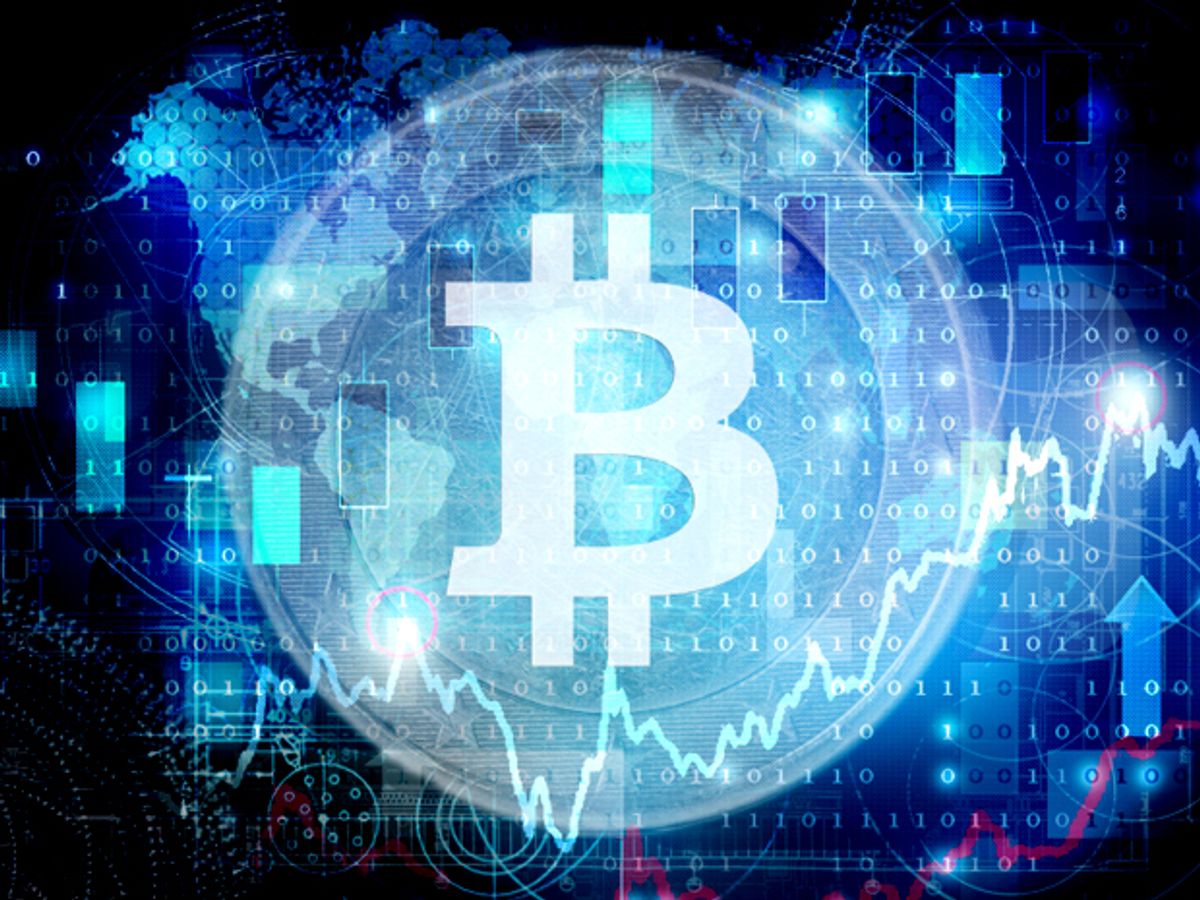[UPDATE: According to news reports,Mt. Gox has filed for a form of bankruptcy in Japan.]
Mt. Gox, the Japan-based exchange which until recently handled the majority of trades between Bitcoin and fiat currencies, went offline this Tuesday, hours after the media got its hands on a document (supposedly leaked from within Mt. Gox) that described the company as insolvent and preparing for bankruptcy. Panic quickly spread among traders many of whom are still waiting for reimbursement from the exchange.
While some questioned the document's authenticity, there's little doubt now about its provenance. Shortly after shutting down his website, Mark Karpeles, the CEO of Mt. Gox, agreed to an IRC chat with an "industry specialist," named Jon Fisher. Fisher asked him point blank, "Is that Crisis Strategy Draft even legit?" To which Karpeles (writing under his well-known pseudonym, "MagicalTux") replied, "More or less. As the name suggests it's a draft, and it's a bunch of proposals to deal with the issue at hand, not things that are planned and/or done [sic]."
With Mt. Gox teetering on the brink of collapse, one of the biggest questions Bitcoiners will have to ask themselves is: How did we arrive at a situation where a currency, which was explicitly designed to be decentralized and transparent, is so intimately tied to the fate of an opaque, centralized institution such as Mt. Gox? And what, if anything, can be done to put trust back into the system?
I threw this question out to Michael Gronager, the chief operating officer at Kraken, an up-and-coming Bitcoin exchange.
Gronager shared some damning insights about the state of affairs at Mt. Gox. While stressing that he has no internal knowledge of their finances, and that his comments do not reflect an official statement from Kraken, he wrote in an email:
I rather believe that they ran the exchange in two to three years as a complete fractional reserve business. According to the leaked documents, Gox are also short in USD. They probably started buying up bitcoin on their exchange to ensure the bitcoin prices stayed higher there. That would ensure more sellers than buyers of bitcoin on their exchange. They might even have purposely delayed their USD withdrawals to further secure the trend of a high bitcoin price.... Don't subscribe to malice what can be explained by stupidity. But the levels of stupidity involved here are just overwhelming.
When these things happened in the past (although Mt. Gox's transgressions are the biggest yet, they were by no means the first), they unfolded before a select audience of early adopters. That audience has now grown to include law makers, regulators, and potential investors.
And already, they are responding. The Manhattan U.S. attorney has served subpoenas to Mt. Gox and other competing exchanges. Joe Manchin, a U.S. senator for West Virginia also made news today when he sent a letter to regulators requesting a complete ban on Bitcoin.
This situation puts people like Gonager in an interesting position. The downfall of Mt. Gox opens the market for a new wave of Bitcoin exchanges—for Kraken, and for its competitors, BitStamp and BTC China. But Mt. Gox's unnerving death spasms have managed to erode the trust necessary to operate a functioning exchange. Regardless of who fills the hole that Mt. Gox has left, they will once again be responsible for securing client funds.
One alternative would be a decentralized exchange, where buyers and sellers can trade with each other directly by negotiating over a peer-to-peer network, thus eliminating the trusted third-party from the equation. This idea gains traction whenever Bitcoiners find themselves betrayed by an exchange. So far, however, no one has found a way to do it. There is still some hope that Ripple (a very different digital currency system detailed here) or MasterCoin (which enhances the functionality of Bitcoin by building layers on top it), will introduce a functioning P2P currency exchange.
But, according to Gronager, any time you have fiat money trading hands, trust will be part of the equation.
He writes:
If you want to exchange fiat for crypto you need to impose trust—you need to trust either an escrow to store the cash safely or the receiver to hand them to you as part of the deal. It is intrinsic to the nature of normal money. Hence, building a decentralized exchange will no matter how you twist it involve trusting someone, which to a large extent voids the whole purpose of a decentralized exchange.... What you need is to be able to ensure trust on your escrow, that is the exchange, for a bitcoin to fiat deal. You need to ensure that he is not spending your fiat but actually keeps them safe, and also that he is not spending your crypto.
Because Bitcoin exists as a public ledger, there are ways for exchanges to prove that they are holding the amount of cryptocurrency that they claim. But the same is not possible with government issued currencies.
And this is why, according to Gronager, exchanges will have to reinforce the trust of their customers by resorting to old fashioned measures.
"My take on this entire distrust in exchanges issue is actually plain old normal audits! You ask Deloitte to audit your customers funds, that they are there and that they are kept reasonably secure. They will then weigh in on this in their audit report which you can make public and do so four times a year or even more often."
At the moment, he says, professional auditors such as Deloitte, probably don't know enough about Bitcoin and how it works to handle the job. As they are catching up, the community would have to find some other trusted party. Gronager suggests pulling from Bitcoin's group of core developers. "I see this only as a temporary solution until one of the Big Four learn enough about bitcoin to be able to provide such reviews," he says.
Image: iStockphoto



